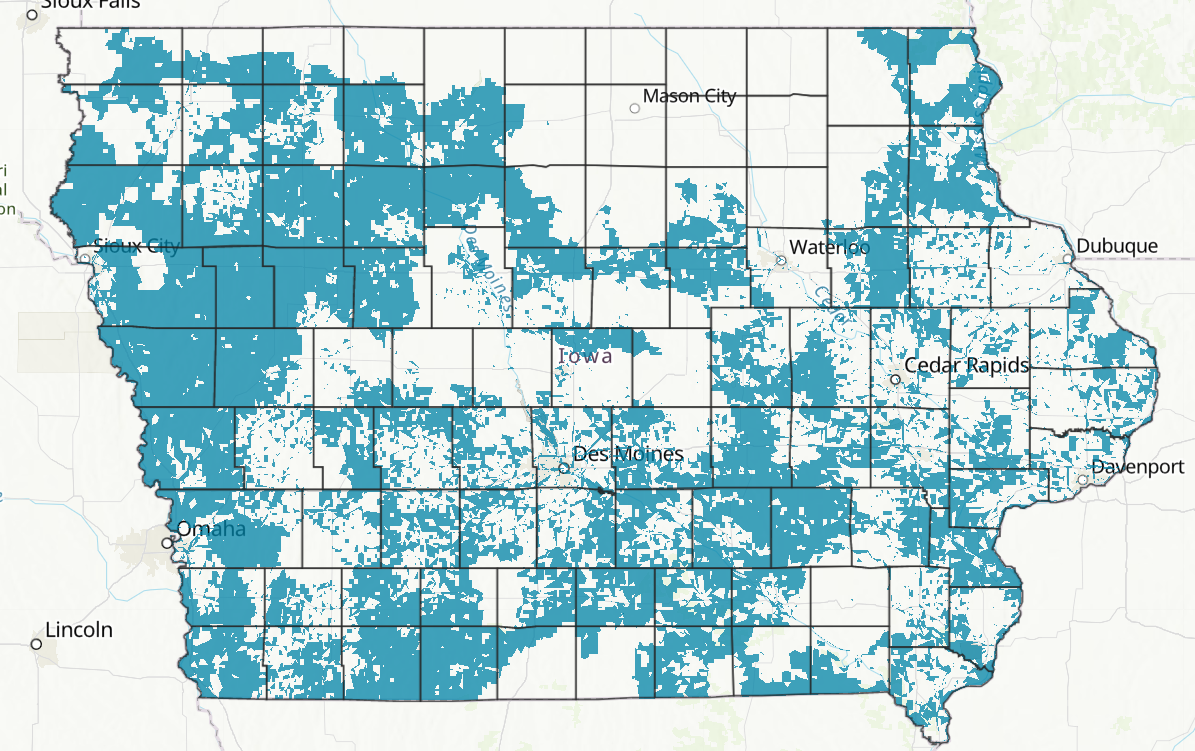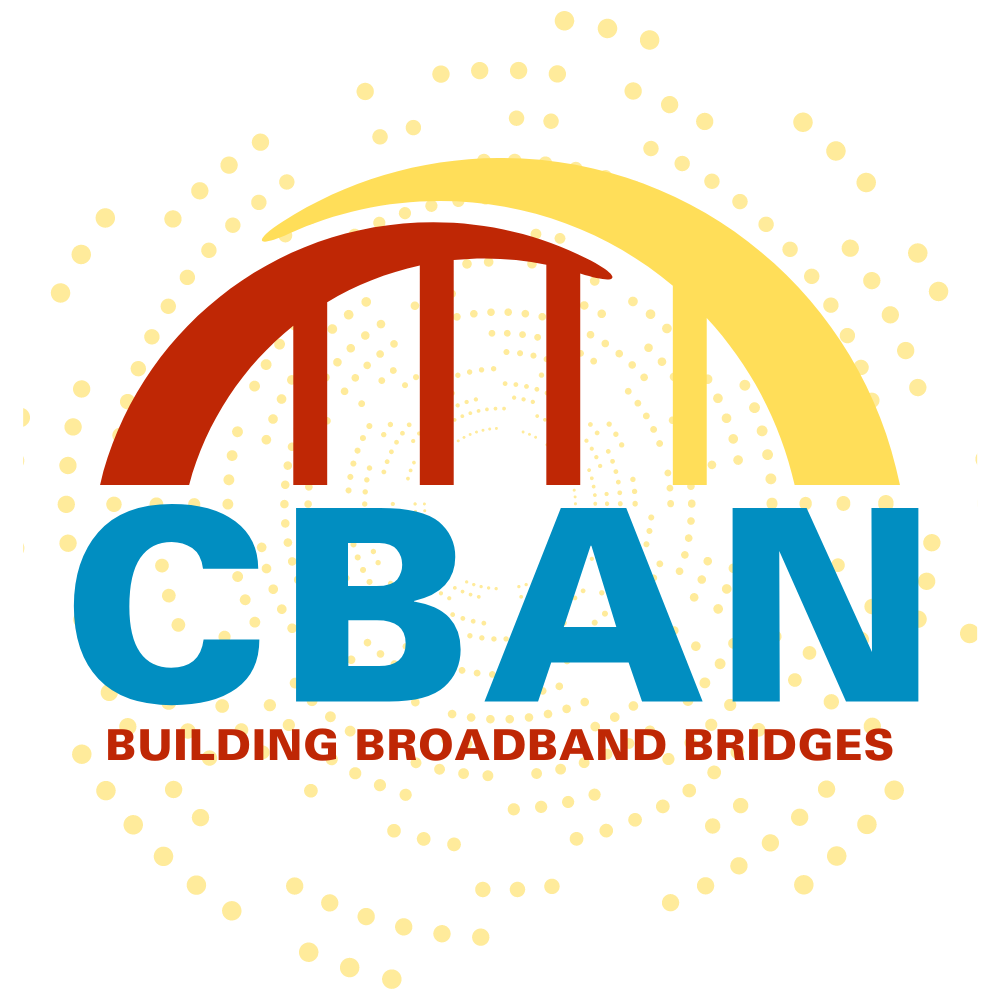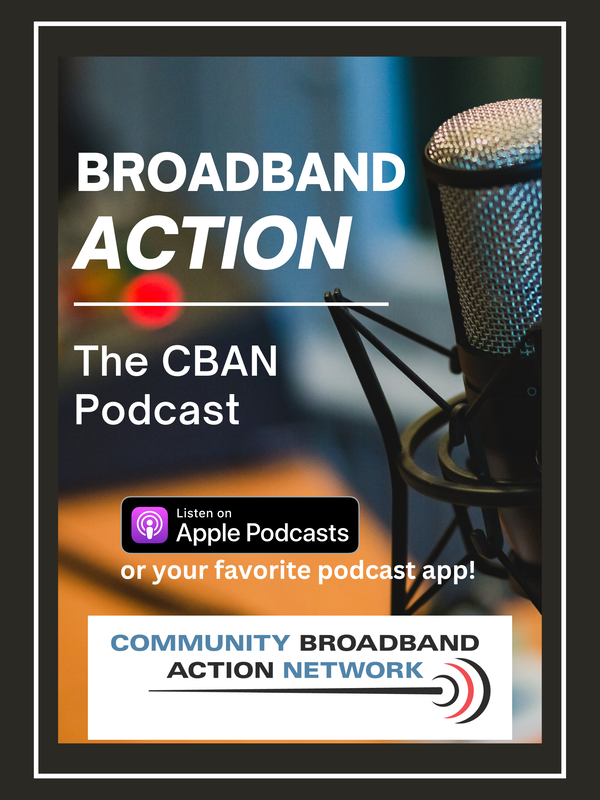 Voters in Fort Dodge, Iowa will consider whether or not to establish a municipal telecommunications utility in November. Fort Dodge will be the 88th Iowa community to vote on a municipal telecommunications referendum since the early 1990's. 73 communities have approved these referenda with an average 78% yes vote. Monday evening the Fort Dodge City Council adopted a resolution placing the issue on the November general election ballot. In June, the city hired SmartSource Consulting of Grimes, Iowa to conduct a community broadband pre-feasibility study. The first phase of the study has focused on gathering community feedback on satisfaction with existing providers and gauging the level of interest in a new option for internet, TV, and phone services. At the city council's workshop before the council vote, Curtis Dean with SmartSource Consulting provided preliminary results of a community survey and broadband assessment. The survey indicates that Fort Dodge residents are not happy with current providers Frontier and Mediacom and would be very interested in switching to a new fibe-based provider, whether publicly or privately owned. At this point, a municipal fiber network is just one of three options the city plans to pursue. They will also seek commitments from current providers to improve service and work to identify other companies that might be interested in serving the Fort Dodge market. In addition to the 72 Iowa towns that have approved a municipal telecommunications utility, another 15 have rejected such referenda. Most of those no votes came in 2005 as part of a statewide "Opportunity Iowa" initiative when 30 communities considered the issue on the same date. That generated a great deal of opposition from incumbent operators who poured hundreds of thousands of dollars into "vote no" campaigns that led to the defeat of the ballot issue in 13 of the 30 communities.
0 Comments
FloridaGeorgiaMassachusettsOregonWisconsin For 27 hours in December 2018, CenturyLink phone and internet customers were affected by a massive outage across their entire coverage footprint. After investigating for several months, the Federal Communications Commission has issued a report taking CenturyLink to task for the outage but without any financial penalties. "The outage affected communications service providers, businesses customers, and consumers who relied upon CenturyLink's transport services, which route communications traffic from various providers to locations across the country. The outage resulted in extensive disruptions to phone and broadband service, including 911 calling. As many as 22 million customers across 39 states were affected, including approximately 17 million customers across 29 states who lacked reliable access to 911. At least 886 calls to 911 were not delivered." -- FCC report on December, 2018 CenturyLink outage FCC Charirman Ajit Pai called the outage unacceptable when it happened in December, and that criticism was reiterated in the official report. However, the FCC passed on issuing any formal punishment or financial penalty to CenturyLink, instead vowing that it will "engage in stakeholder outreach to promote bets practices and contact other major transport providers to discuss their network practices." To read more about the outage and the FCC's scolding, CLICK HERE to read an article at Ars Technica.
They hype about 5G continues to build. Big wireless companies are touting their 5G plans as if they are actually a reality. Yes, some of the biggest cities in the US are getting 5G now or soon (including, it turns out, Des Moines - one of Verizon's first 20 test cities). But what the marketing hype is not telling the consumer is a cold, hard fact: today's 5G is an OUTDOOR wireless solution. It turns out that physics is getting in the way of bringing the "promised land" of 5G into your home or business, where most data is consumed. The high frequencies used to deliver 5G are not capable of penetrating walls, so a 5G customer's experience outdoors will end when they walk inside.
Bringing 5G indoors is another monumental challenge that has not been addressed. Will 5G radios be built into home gateways and WiFi routers? Or will consumers "get by" as they have for years with using WiFi indoors and cellular where signal is available? It's not clear. But these are all important facts to keep in mind when you're seeing the marketing hype. We hope you'll join us today for the latest edition of our Lunch and Learn webinar series. August 20, 2019 Noon The Future of Home Data Usage
Joining us for this webinar will be Lenny Hui, Cloud & Smart Home Business Sales with Calix (a CBAN Vendor Member). Lenny and host Curtis Dean of CBAN will talk about some of the trends in home internet data usage that are making fiber networks more and more essential in today's world. Lenny will talk about new gaming platforms, streaming video options, and other factors that will impact how much data you consume and how much bandwidth (speed) you need. To register for The Future of Home Data Usage, CLICK HERE. The Waterloo (Iowa) Telecommunications Utility Board of Trustees met for the first time in five years this week, and the first order of business was to consider a feasibility study.  The Board was formed after Waterloo voters approved a municipal telecommunications referendum in 2005. After meeting regularly for several years, the Board went into hibernation in 2014. Now, the desire by community leaders to see progress on better broadband opportunities for Waterloo has brought the group back to together. “I think it’s time. We’ve got communities all around us that have their own utilities when it comes to broadband.” -- Waterloo Telecommunications Utility Board of Trustees member Rich Kurtenbach Earlier this summer, a task force interviewed several firms to gather information about possible next steps for the City. That task force has recommended that Magellan Advisors to conduct a feasibility study, but the Board did not take action on that recommendation pending further City legal review.
CLICK HERE to read more in the Waterloo-Cedar Falls Courier  For several months, the Ames City Council and staff have been considering whether or not to conduct a feasibility study for a fiber-to-the-home network. Now a private company based in Indiana says they will build fiber to Ames beginning next year. Representatives of MetroNet Fiber made a presentation to the council this week outlining a $20-30 million dollar fiber network in direct competition with incumbents Mediacom and CenturyLink. The project will launch in spring 2020 and take approximately two years to complete, according to the company. What's not clear about MetroNet's announcement is whether they plan to build FTTP to the entire community, something that some city leaders have said is a priority for Ames. MetroNet says they will provide the city with detailed maps of planned service areas, but that detail won't be available until the time of construction. City Councilman David Martin, who has been advocating for a feasibility study, has asked to have further discussion of the city's internet future on a future council agenda.
CLICK HERE to read a story in the Ames Tribune. The State of Iowa's Office of the Chief Information Officer (OCIO) is accepting comments from the public until August 23rd on the latest version of the state's broadband map showing areas that will be eligible for the next round of state broadband grants. The Targeted Service Areas, or TSA's, are census blocks where ISP's will be able to apply for the second round of Iowa Broadband Grants. This spring the Iowa Legislature allocated $5 million to the grant fund for the next round, an increase from the $1.3 million in Round 1. Although the exact rules of the next round have not been determined, it is expected to provide 15% matching grants like the first round and would require a successful applicant to provide at least 25 Mbps downloads and 3 Mbps uploads. During the first round, the only projects to receive funding were fiber optic-based, including the City of Adair.
ColoradoBoulder set to start construction on broadband fiber network core with council approval of $20M debt IndianaNew HampshireNorth CarolinaTexas The City of Pella, Iowa has hired a South Dakota man to lead its efforts to build a fiber-to-the-home network. Doy Ousley will begin duties in Pella in early September. Ousley comes to Pella with a deep background in engineering, design, and operation of telecommunications networks, including fiber. Most recently Ousley has served as the Supervisor of Regional Operations for CenturyLink in the Rapid City, SD area. He's been employed in the telecom field since age 18, when he started working at his hometown telephone company in Alabama. Earlier this summer, Pella hired NewCom Technologies of Des Moines to design and engineer the fiber-to-the-home network. Design is expected to be completed by the end of the year, with construction bids to be issued over the winter. If all goes according to plan, construction would begin in spring 2020 and be completed a year later.
|
Broadband Bytes NewsPresented by the Community Broadband Action Network and curated by Curtis Dean. Archives
July 2024
Categories
All
|





 RSS Feed
RSS Feed
